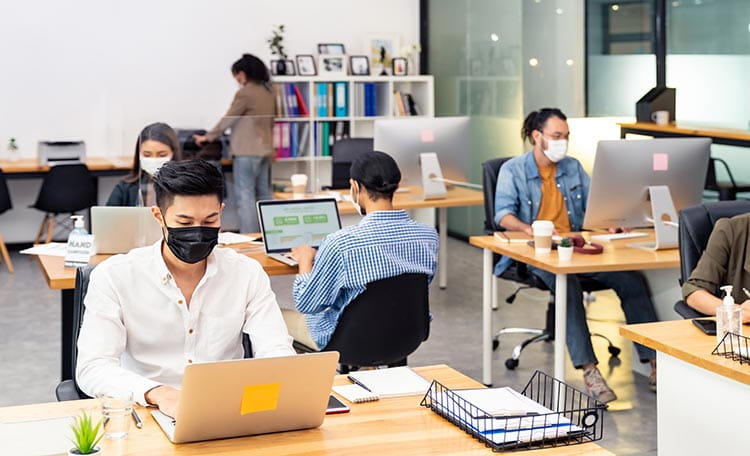Commercial Real Estate Insights
Most Recent
Article • Economy
Middle East Conflict: Implications for Energy, Inflation, and CRE
Research
Americas Data Center Update | H2 2025
Economy
Article • Economy
Middle East Conflict: Implications for Energy, Inflation, and CRE
Article • Economy
Video • Economy
Marie Baláčová • 1/23/2026
Hospitality
Research • Valuation
Canadian Lodging Industry Overview
Research • Valuation
The Great San Francisco Hotel Reset
Industrial & Logistics
Research • Supply Chain
Port of NY and NJ YE 2025 Overview
Research
Heavy Lifting: The Forces Driving NOVA’s Industrial Market
Research • Investment / Capital Markets
2/25/2026
Investor
Research • Valuation
Canadian Lodging Industry Overview
Research • Investment / Capital Markets
Australian Logistics & Industrial Capital Markets 2026 Outlook
Research • Investment / Capital Markets
Sean Ellison • 2/19/2026
Article • Investment / Capital Markets
2/18/2026
MarketBeats
MarketBeat
UK Hospitality Marketbeat Reports
Retail
Insights
Our Neighborhoods Entering a New Era: Gangnam Edition
Insights
Our Neighborhoods Entering a New Era: Hannamdong Edition
Data Centers
Research
Americas Data Center Update | H2 2025
Research
H2 2025 EMEA Data Centre Market Update
Insights • Technology
James Normandale • 1/16/2025
Research • Investment / Capital Markets
Shaun Brodie • 2/29/2024
Sustainability & Wellness
Insights • Sustainability / ESG
Sind Gasheizungen jetzt wieder ok?

Article • Sustainability / ESG
Reaching Net Zero: Managing Scope 3 Emissions in Real Estate
Article • Sustainability / ESG
Arthur Le Cossec • 11/13/2025
Research • Sustainability / ESG
11/6/2025
Article • Sustainability / ESG
Fernanda Machado • 11/5/2025
Article • Sustainability / ESG
Fernanda Machado • 11/5/2025
Article • Sustainability / ESG
Arthur Le Cossec • 10/30/2025
Technology
Article • Technology
The Rising Semiconductor Industry and Thailand’s Emerging Role in Global Supply Chains

Article • Technology
Data Center Expansion in Latin America
Workplace
Article • Workplace
Infrastructure: the foundation of smart site selection
Insights in your inbox
Featured MarketBeat Reports
MarketBeat
UK Hospitality Marketbeat Reports
MarketBeat
Articles
Insights • Sustainability / ESG
Sind Gasheizungen jetzt wieder ok?
Research
APAC Data Centre Update: H2 2025
Insights
Buenos Aires | Class B Offices

Research • Coworking
Flexible Workspace Report 2021















